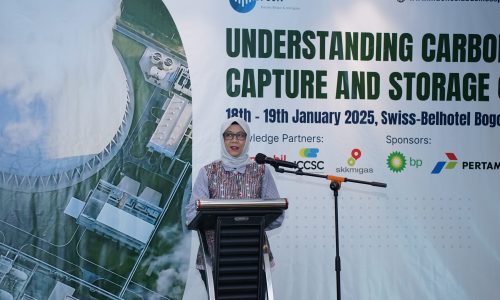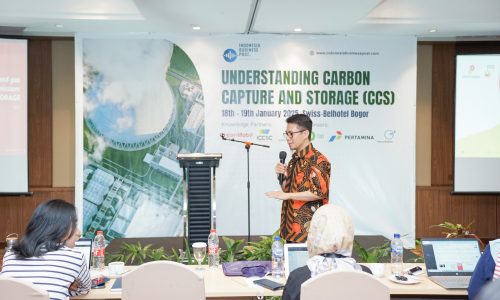Nickel is essential to the production of lithium-ion batteries, which are a key component of electric vehicles. However, mining nickel is frequently a highly polluting endeavor, and nowhere is this more evident than in Indonesia, which produces nearly a third of the world’s nickel.
Mining has devastated the coastal community of Tapunggaeya for more than a decade. The hills in and around Tapunggaeya, once a picturesque fishing village on the island of Sulawesi, have been ripped apart by vast open-pit mines that cause life-threatening landslides, pollute drinking water supplies, and contaminate coastal waters.
“From Dreams to Dust” follows Lapola, a 36-year-old truck driver at the mines who, like many Indonesians, goes by only one name. Though grateful for a steady income to feed his family — albeit a meager $200 per month — the former fisherman describes how his idyllic village has been transformed into an industrial zone, where landslides have forced the closure of the village school and formerly white-sand beaches and clear waters have been contaminated by red-brown mud.
The nickel mines on Sulawesi are owned by a mix of smaller companies, state-owned enterprises, and industrial behemoths such as Brazil’s Vale. “When I see the [fishing] boats, I don’t miss the past,” Lapola tells the filmmakers. “I no longer think or dream about it because it no longer exists.”
Previously, Maritime Affairs and Investment Coordinating Minister Luhut Binsar Pandjaitan on Friday said he plans to meet Tesla, Inc. CEO Elon Musk in September 2022 to ask for clarity about the investment of the electric car manufacturer in Indonesia. He said Tesla had entered Indonesia, but the investment is not direct because it works with a company in Morowali, Central Sulawesi, for nickel purchase.








